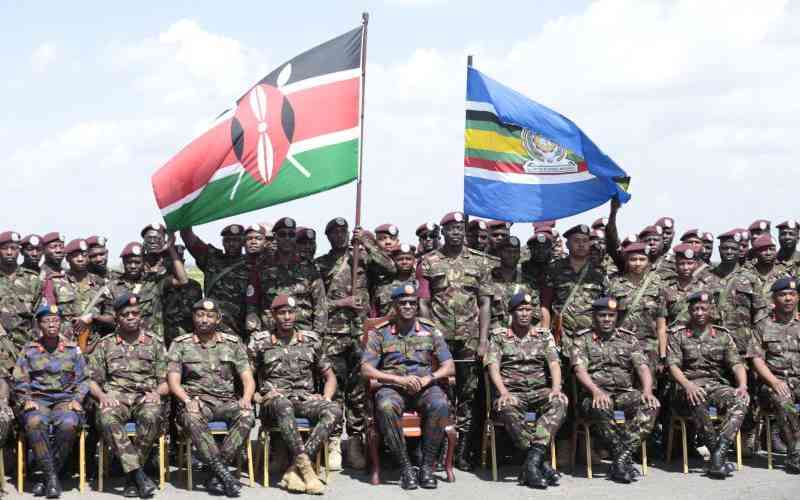
Few countries attract as many negative images as the DR Congo. It is a place of dreams of imperial grandeur and mysteries, full of natural wealth that is of strategic interest to extra-continental rivals who struggle to deny each other resources that do not belong to them. In the process, rivals have turned Congo into a geopolitical playground in which the Congolese end up as victims of external strategies with little say in what happens in Congo
The contact between the Europeans in the 15th Century with Portugal leading was, as Walter Rodney would argue, an act of under-development in Congo and the rest of Africa. That contact led to poverty creation in two ways. First was through enslavement and the Atlantic Slave Trade that made various competing European countries rich and laid the foundation for Capitalism and second, through establishment of territorial colonialism. Eric Williams, in his 1944 analysis of the relationship between capitalism and slavery, punctured holes into the myth of abolitionist benevolence the same way that six years earlier, in 1938, Jomo Kenyatta's Facing Mount Kenya punctured holes in colonial benevolence.